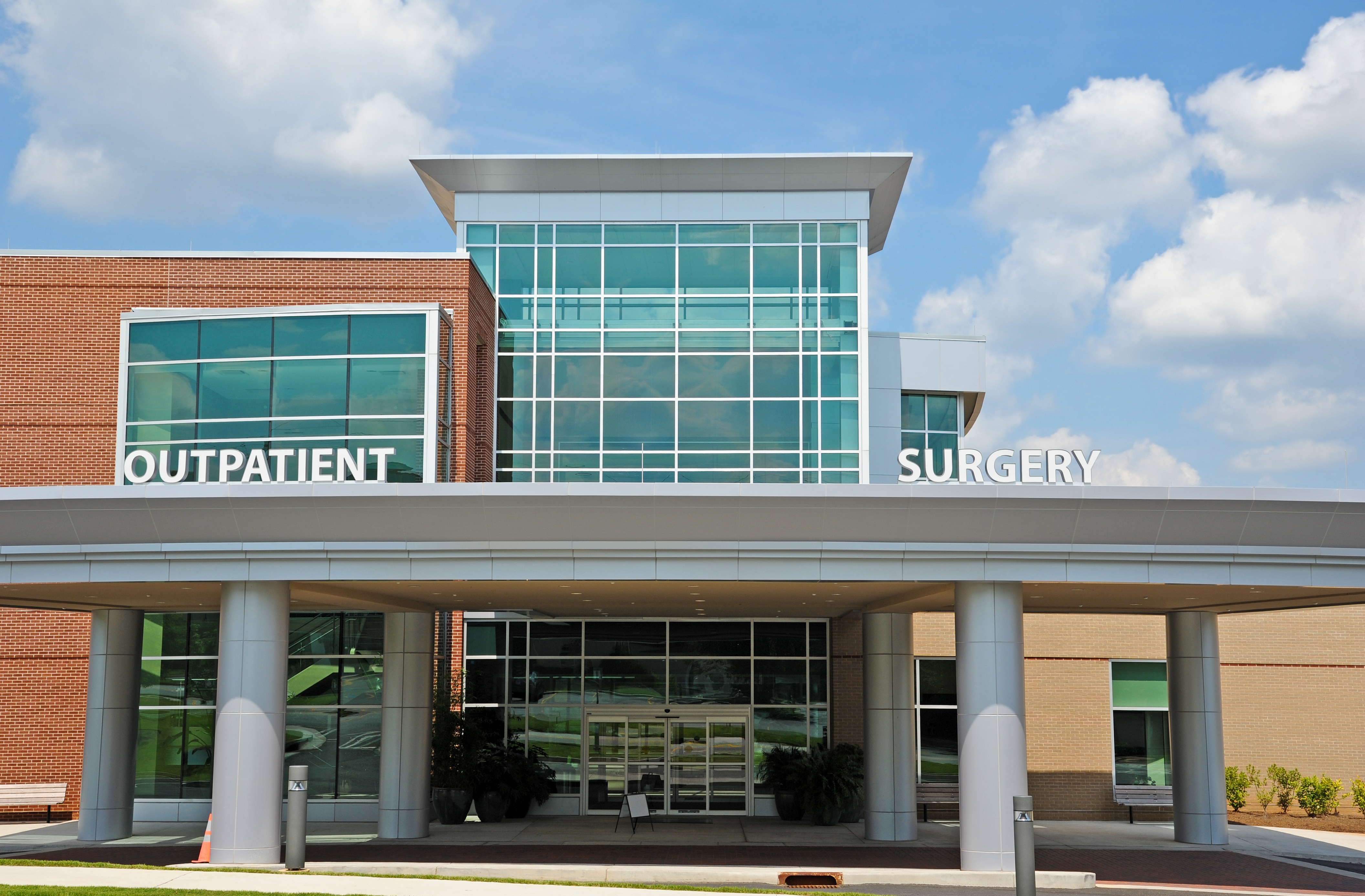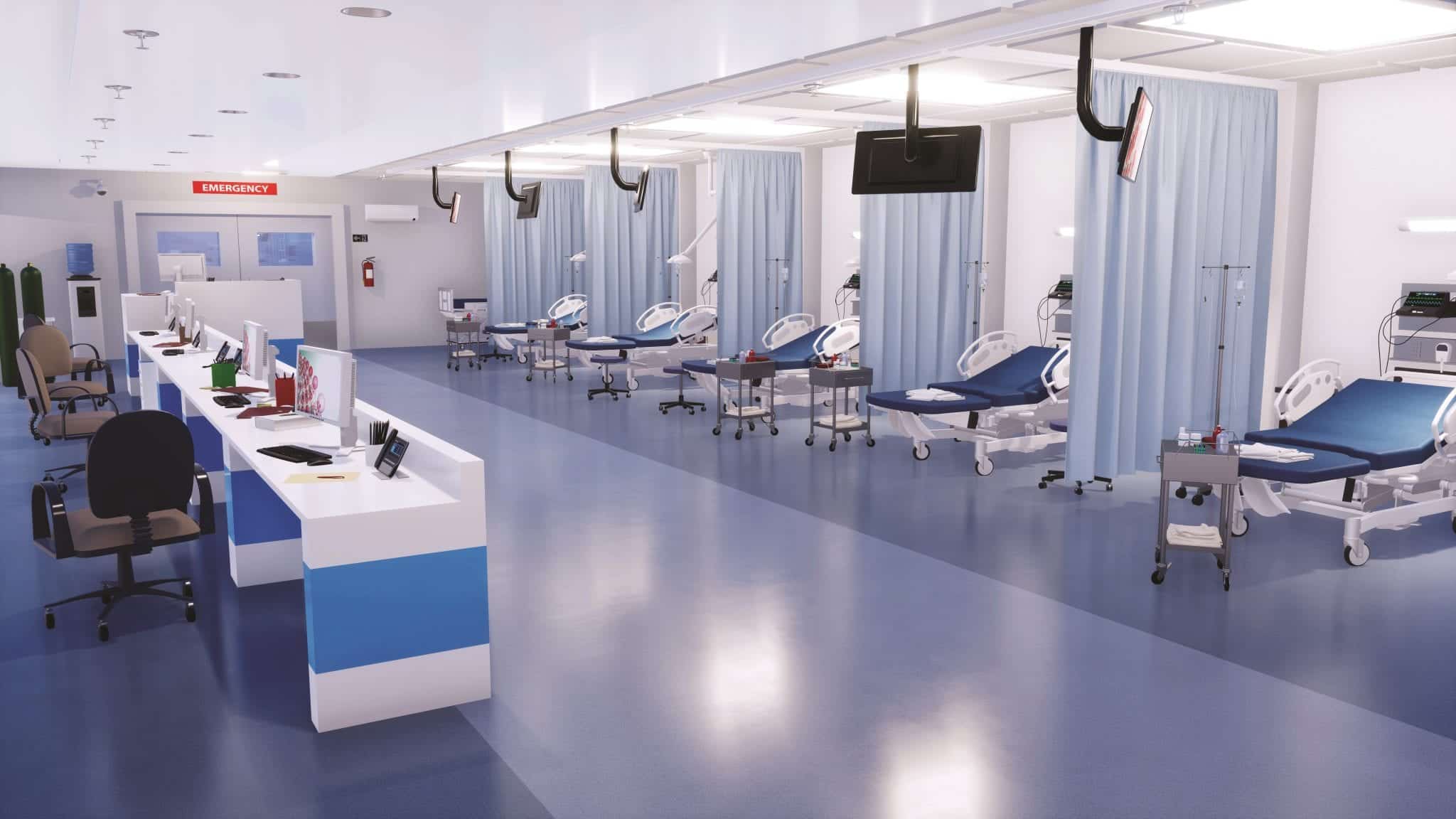When it comes to hospital facilities and services, understanding what’s available can make all the difference in your healthcare journey. Whether you're dealing with a minor injury or a major medical condition, having access to top-notch facilities and reliable services is crucial. But let’s be real—navigating the world of healthcare can feel like trying to decode an alien language. That’s why we’re here to break it down for you in a way that’s easy to digest and actually helpful.
In this guide, we’ll dive deep into everything you need to know about hospital facilities and services. From emergency care to specialized treatments, we’ve got you covered. This isn’t just another boring article filled with medical jargon; it’s your go-to resource for making informed decisions about your health.
So, grab a cup of coffee, sit back, and let’s explore the ins and outs of hospital facilities and services. By the time you finish reading, you’ll feel like a pro at navigating the healthcare system. Trust us, your future self will thank you for it!
Read also:Livvy Dunne Leaked Onlyfans The Untold Story Behind The Headlines
What Are Hospital Facilities and Services?
Let’s start with the basics. Hospital facilities and services refer to the range of medical resources and support systems provided by healthcare institutions. These include everything from emergency rooms and operating theaters to outpatient clinics and rehabilitation centers. Think of them as the backbone of modern healthcare, ensuring that patients receive the care they need, when they need it.
But here’s the kicker—hospital facilities and services aren’t just about treating illnesses. They also focus on prevention, education, and overall wellness. It’s like having a one-stop-shop for all your health-related needs. And in today’s fast-paced world, that kind of convenience is a game-changer.
Why Hospital Facilities Matter
Hospital facilities play a vital role in delivering quality healthcare. They’re designed to handle a wide range of medical conditions, from routine check-ups to life-threatening emergencies. But what exactly makes them so important? Here are a few reasons:
- Advanced Technology: Hospitals are equipped with state-of-the-art equipment that allows for accurate diagnosis and effective treatment.
- Skilled Professionals: From doctors and nurses to technicians and therapists, hospital staff are trained to provide top-notch care.
- 24/7 Availability: Whether it’s the middle of the night or a holiday, hospitals are always ready to help when you need them most.
These factors combine to create an environment where patients can feel safe, supported, and confident in their healthcare journey.
Key Hospital Facilities You Should Know About
Not all hospital facilities are created equal. Some specialize in certain areas, while others offer a broad range of services. Here’s a closer look at some of the most important facilities:
Emergency Departments
When time is of the essence, emergency departments are there to save the day. These high-pressure zones are staffed with experts who can handle everything from broken bones to heart attacks. And let’s not forget the lifesaving equipment that makes all the difference.
Read also:Nora Fawn Ofleaks Unveiling The Controversial Figure Behind The Curtain
Operating Theaters
For surgeries big and small, operating theaters are the heart of any hospital. Equipped with cutting-edge technology and skilled surgeons, these rooms are where miracles happen on a daily basis.
Intensive Care Units (ICUs)
ICUs are designed for patients who need close monitoring and specialized care. Staffed with highly trained professionals, these units provide round-the-clock attention to ensure the best possible outcomes.
Types of Hospital Services
Hospital services go beyond just treating illnesses. They encompass a wide range of offerings that cater to different aspects of healthcare. Here are some of the most common types:
Diagnostic Services
From X-rays to MRIs, diagnostic services help doctors pinpoint the root cause of medical issues. These tools are essential for accurate diagnosis and effective treatment plans.
Therapeutic Services
Once a diagnosis is made, therapeutic services come into play. This includes everything from medication management to physical therapy, all aimed at restoring health and well-being.
Supportive Services
Not all healthcare needs are medical. Supportive services like nutrition counseling and mental health support play a crucial role in holistic care. They help patients address the emotional and psychological aspects of their health journey.
The Role of Technology in Hospital Facilities and Services
Technology has revolutionized the way hospitals operate. From electronic health records to telemedicine, advancements in tech have made healthcare more accessible and efficient than ever before. Here’s how:
- Improved Diagnostics: Advanced imaging technologies allow for more accurate and early detection of diseases.
- Enhanced Communication: Telemedicine enables patients to consult with doctors remotely, breaking down geographic barriers.
- Data-Driven Decisions: Analytics tools help hospitals optimize their operations and improve patient outcomes.
These innovations not only enhance the quality of care but also make it more convenient for patients.
Choosing the Right Hospital for Your Needs
Not all hospitals are created equal, and finding the right one for your needs can be overwhelming. Here are some tips to help you make an informed decision:
Location
Proximity matters, especially in emergencies. Look for a hospital that’s close to your home or workplace for quick access when needed.
Specialization
Some hospitals excel in specific areas, like cardiology or oncology. If you have a particular condition, choose a facility with expertise in that field.
Reputation
Do your research and read reviews from other patients. A hospital’s reputation can tell you a lot about the quality of care you can expect.
Common Challenges in Hospital Facilities and Services
While hospital facilities and services have come a long way, they’re not without their challenges. Here are a few common issues:
Overcrowding
Many hospitals struggle with overcrowding, especially in emergency departments. This can lead to longer wait times and reduced quality of care.
Cost
Healthcare costs continue to rise, making it difficult for some patients to afford the care they need. Financial planning and insurance coverage are crucial in navigating these expenses.
Staff Shortages
A shortage of skilled healthcare professionals can impact the quality of care. Hospitals are working hard to address this issue through training programs and recruitment efforts.
The Future of Hospital Facilities and Services
As technology continues to evolve, so too will hospital facilities and services. Here’s what the future might hold:
- AI and Robotics: Artificial intelligence and robotics could transform everything from surgeries to patient monitoring.
- Personalized Medicine: Advances in genetics could lead to treatments tailored to individual patients.
- Sustainability: Hospitals are increasingly focusing on eco-friendly practices to reduce their environmental impact.
The possibilities are endless, and the future of healthcare looks brighter than ever.
How to Advocate for Your Health in Hospital Settings
Being an active participant in your healthcare is key to getting the best possible outcomes. Here’s how you can advocate for yourself in hospital settings:
Ask Questions
Don’t be afraid to ask questions about your diagnosis, treatment options, and any procedures you might undergo. Knowledge is power, and the more you know, the better equipped you’ll be to make informed decisions.
Bring a Support Person
Having a trusted friend or family member with you can provide emotional support and help you remember important details during appointments.
Stay Informed
Do your own research and stay up-to-date on the latest medical advancements. This will help you engage in meaningful conversations with your healthcare providers.
Conclusion: Take Control of Your Healthcare Journey
Hospital facilities and services are the backbone of modern healthcare, providing the resources and support needed to address a wide range of medical needs. By understanding what’s available and how to navigate the system, you can take control of your healthcare journey and ensure the best possible outcomes.
So, what’s next? We encourage you to share this article with others who might find it helpful. And if you have any questions or thoughts, feel free to leave a comment below. Together, we can create a healthier, more informed community. Stay safe and take care!
Table of Contents
- What Are Hospital Facilities and Services?
- Why Hospital Facilities Matter
- Key Hospital Facilities You Should Know About
- Types of Hospital Services
- The Role of Technology in Hospital Facilities and Services
- Choosing the Right Hospital for Your Needs
- Common Challenges in Hospital Facilities and Services
- The Future of Hospital Facilities and Services
- How to Advocate for Your Health in Hospital Settings
- Conclusion: Take Control of Your Healthcare Journey


